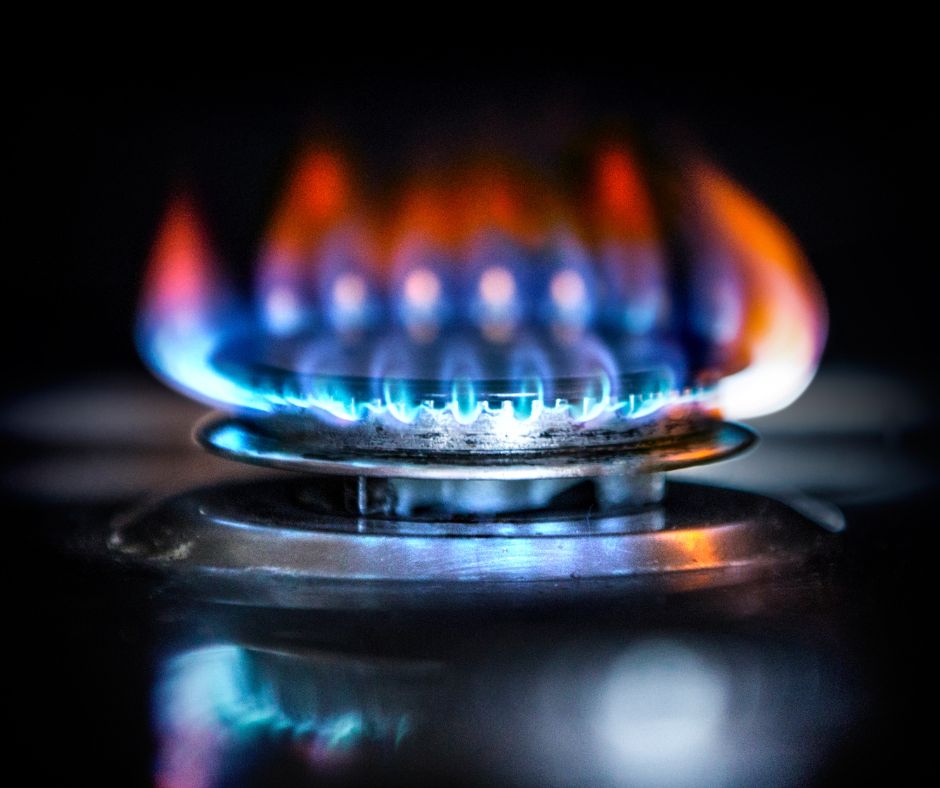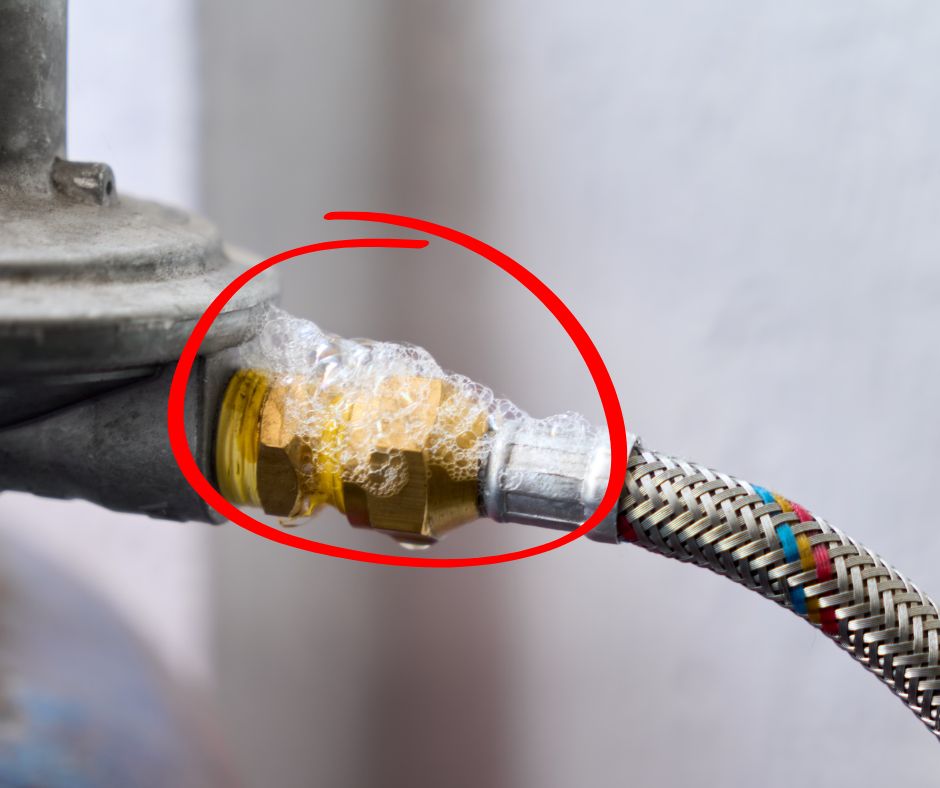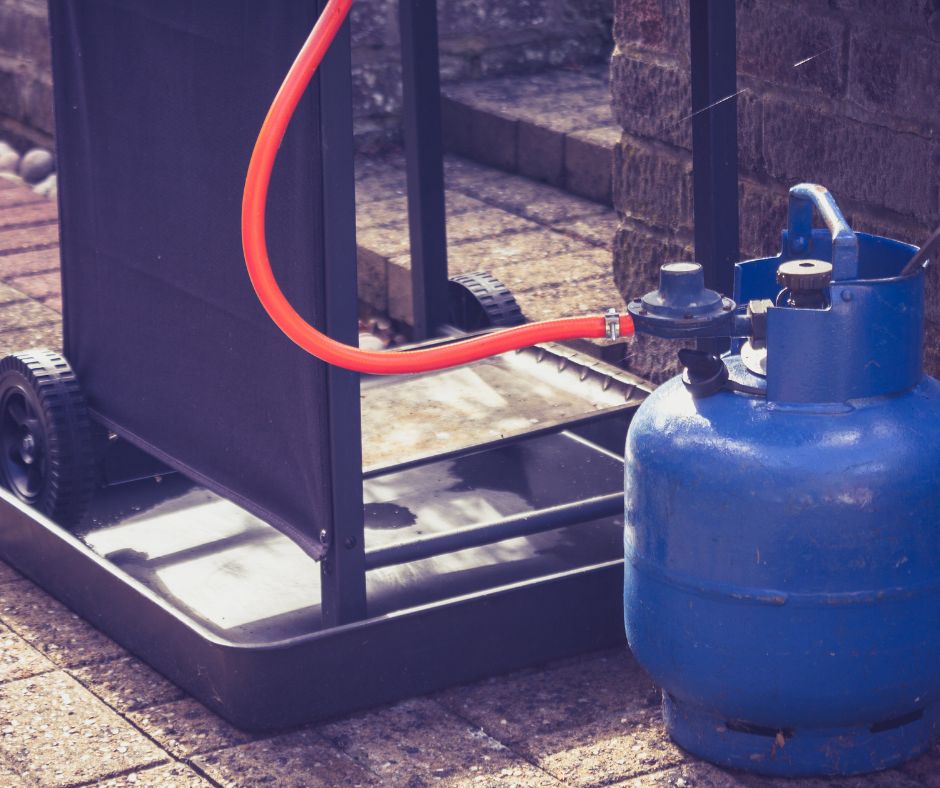Essential Steps to Identify and Address Gas Leak Indicators in Your Home for Enhanced Safety
It is absolutely crucial to identify the prevalent signs of a gas leak to protect yourself and others in your vicinity. A potent odour similar to rotten eggs, the sound of hissing or whistling near your gas appliances or gas lines, and the presence of yellow or orange flames instead of the usual blue are all alarming indicators. Furthermore, if you frequently experience unexplained headaches or dizziness, these could signify a serious gas leak. Additionally, keep an eye on any wilting plants near outdoor gas lines, as this may indicate a significant issue. If you notice any of these distressing signs in your Wollongong home, it’s essential to turn off your gas supply at the meter, ventilate your home by opening windows, and contact a qualified gasfitter immediately for expert help.

When to Seek Professional Help from a Certified Gasfitter During Emergencies
Discovering a gas leak is a serious concern that demands immediate action; delaying is not an option. A single spark can quickly transform what appears to be a safe living space into a hazardous environment. Gas leaks can originate from various sources, including faulty connections, outdated appliances, or corrosion in underground gas lines. Rapid detection and timely response are vital to prevent injuries, property damage, or even catastrophic incidents. Homes in Wollongong, especially those with older gas heating systems or poor ventilation, face increased risks if their gas systems are not regularly inspected. This comprehensive guide is crafted to empower you with the knowledge to identify a gas leak, the immediate actions you should take, and the appropriate moments to call in a licensed gasfitter for urgent repairs.
Key Indicators That Suggest a Gas Leak in Your Home
1. Recognizing the Distinctive Smell of Rotten Eggs
Natural gas, in its pure form, is odourless; however, suppliers add a compound known as mercaptan, which has a strong, sulphur-like smell, to facilitate leak detection. If you suddenly notice a pungent odour reminiscent of rotten eggs, it is imperative to take this warning seriously. This specific scent serves as an immediate alert that gas may be escaping within your residence, necessitating swift action to ensure the safety of everyone present. Ignoring this odour could lead to severe consequences, including health risks and potential explosions, making it essential to act promptly if you detect this smell.
2. Listening for Hissing or Whistling Noises Around Gas Appliances
A common indication of a gas leak is the sound of gas escaping under pressure from a pipe or hose, often producing a soft yet discernible hissing noise. If you hear such sounds near your gas appliances or in the vicinity of gas lines, this could suggest a leak. It is crucial to remain vigilant and investigate any unusual sounds, as they can represent a significant safety hazard that requires immediate professional assessment. Do not dismiss these noises, as they may be the first indication of a serious problem that needs to be addressed without delay.
3. Observing Unusual Flame Colours in Your Gas Appliances
Gas cooktops and heaters are designed to produce a clean, bright blue flame. If you notice that the flames are yellow or orange, or if they flicker erratically, this could indicate incomplete combustion, possibly due to gas leaks or blockages in the system. Observing such discoloured flames is a crucial warning sign that something is amiss with your gas appliances, and it necessitates immediate investigation to prevent further complications. Ignoring these symptoms can lead to inefficient appliance performance and increased risks to safety, highlighting the need for prompt attention and corrective measures.
4. Noticing Unexplained Physical Symptoms Among Household Members
If you or your family members frequently suffer from headaches, dizziness, nausea, or fatigue while indoors, these physical symptoms could signal gas exposure or a buildup of carbon monoxide in enclosed spaces. Such reactions are serious and should not be disregarded. It is vital to acknowledge these symptoms and take necessary precautions, as they may indicate a hazardous situation that requires urgent intervention from a licensed gasfitter. Ensuring the health and safety of all occupants is paramount, and any signs of discomfort should prompt immediate action.
5. Observing Wilting Houseplants or Dying Outdoor Vegetation
Gas leaks that occur near outdoor gas lines or beneath slab connections can lead to the gradual decline of nearby plants and foliage. This occurs because the escaped gas displaces oxygen in the soil, making it challenging for plants to thrive. If you observe wilting or dying houseplants or outdoor plants in close proximity to these areas, it may suggest a gas leak that requires immediate evaluation by a qualified professional. The health of your plants can serve as an important indicator of the potential dangers lurking beneath the surface, so be proactive in addressing any issues.

Vital Steps to Take If You Suspect a Gas Leak
1. Immediately Shut Off the Gas Supply
Locate your gas meter and turn the valve clockwise to stop the gas supply to your home. This valve is typically located on an exterior wall, either at the front or side of the property. Acting quickly at this stage is crucial for ensuring safety and preventing further gas accumulation that could exacerbate the situation.
2. Avoid Using Any Electrical Devices
Do not switch on lights, appliances, or any electrical outlets. Even the tiniest spark from an electronic device can ignite leaked gas, leading to potentially disastrous outcomes. Maintain a safe distance from any electrical sources until the situation is fully assessed. This precaution is vital for your safety and the safety of others in and around your home during a gas leak.
3. Open All Windows and Doors for Adequate Ventilation
Facilitating proper airflow is essential for reducing the dangers associated with gas accumulation. Open all windows and doors to promote fresh air circulation; cross-breezes are particularly effective in dissipating trapped gas. This step is vital for lowering the concentration of gas in the air, thereby minimizing the risk of an explosive atmosphere developing within your home.
4. Avoid Attempting Repairs on Your Own
Only licensed gasfitters are legally allowed to repair or reconnect gas systems in NSW. Any effort to tamper with the system can introduce additional risks and may invalidate your insurance policies. It is crucial to leave repairs to qualified professionals who possess the necessary expertise and training. Your safety and compliance with local regulations depend on seeking professional assistance during such emergencies.
5. Contact a Licensed Gasfitter Without Delay
If you suspect a gas leak, reach out to a licensed gasfitter for emergency response services in Wollongong and its surrounding suburbs. Get in touch with CS Plumbing’s licensed gas services or our 24/7 emergency plumbing team for prompt and professional assistance. Quick action can make a significant difference in preventing dangerous situations and ensuring the safety of your home and loved ones.
Understanding Compliance with Gas Safety Regulations in New South Wales for Your Home
In New South Wales, all gasfitting work must adhere to the Gas and Electricity (Consumer Safety) Act 2017, ensuring that the highest safety standards are maintained. All gas-related work must be conducted by a licensed gasfitter to comply with these essential regulations. Adhering to these guidelines not only ensures your safety but also protects your home from potential hazards associated with improper gas installations.
After any regulated work is completed, it is advisable to request a Certificate of Compliance to confirm that all safety standards have been met. As a homeowner in Wollongong, you are legally responsible for ensuring that your gas appliances and installations are maintained and repaired exclusively by licensed professionals. This not only secures your investment but also provides peace of mind knowing that your home is safe from gas-related risks.
Proactive Measures to Prevent Future Gas Leaks in Your Home
- Schedule annual gas safety inspections, particularly before the winter heating season to ensure all systems are functioning safely and efficiently.
- Replace old flexible gas hoses and bayonet fittings that appear cracked or brittle to prevent leaks and ensure a secure connection.
- Ensure vents and exhausts are free from obstructions to guarantee optimal airflow and prevent dangerous gas buildup.
- Regularly inspect for corrosion on outdoor connections, especially after heavy rainfall or exposure to coastal environments, to maintain system integrity.
- Utilize only branded, certified gas appliances to ensure maximum safety and efficiency, reducing the likelihood of malfunctions and leaks.

The Article: Detect and Respond to a Gas Leak in Your Wollongong Home first appeared on https://writebuff.com
The Article Gas Leak Detection and Response for Your Wollongong Home Was Found On https://limitsofstrategy.com